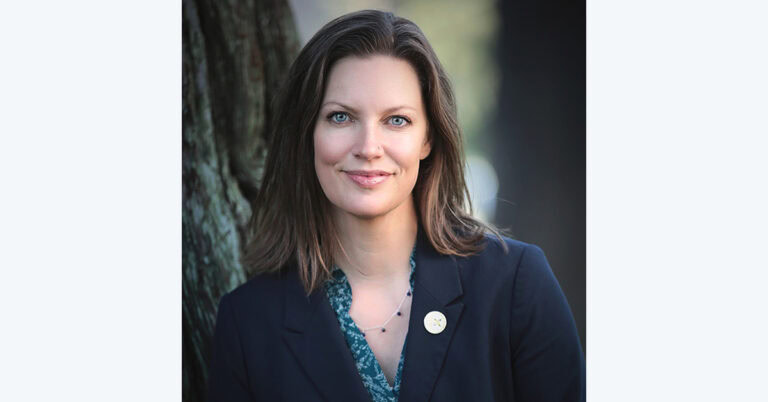Deputy Director
Innovation and Entrepreneurship, from Existing Data
October 12, 2012 | CCST Newsroom | Contact: M. Daniel DeCillis

A successful culture of innovation depends as much on enabling entrepreneurship as on the ideas themselves, according to CCST Council Member Atul Butte, who spoke at the October Council meeting.
Butte, MD, PhD, an associate professor and chief of systems medicine in the Department of Pediatrics at Stanford University, runs a laboratory which focuses on mining data that is already available, rather than conducting research in the traditional sense.
“The long-term research goal of the Butte Lab is to solve problems relevant to genomic medicine by developing new methodologies in translational bioinformatics,” said Butte. “Basically we are working to effectively transform information gained from the past fifty years of biomedical research into knowledge that can improve the state of human health and disease. Enormous amounts of biomedical data are piling up in databases which are themselves increasing in number.”
The new experimental system, in other words, has become the universe of all these databases, many of which can be accessed and exploited via the Internet.
“It’s a chance for us to look at science in a new way,” said Butte. “A lot of the answers to important medical questions are already here. The trick is to figure out what questions to ask in order to find the answers amidst the data that has already been collected.”
Butte led a panel at the Council meeting on “Ideas to Profits – Innovation and Entrepreneurship Enablers”. The panel included people from several of Stanford University’s organizations designed to facilitate moving innovation from the research university to the private sector, including the Technology Ventures Program, the Stanford Student Startup Accelerator, the Stanford Biodesign Program, and the SPARK program. The Council meeting focused on the role of research universities in promoting innovation and tech transfer, a vital component of California’s ‘innovation ecosystem.’
CCST has been focusing on the state’s innovation ecosystem since 2010, producing three reports in 2011 with recommendations for legislators to enhance the state’s ability to foster and benefit from innovation (Innovate 2 Innovation). CCST is pursuing long-term projects on digital education and water technology & management in a follow up to this project.
Butte’s work focuses both on the importance of fostering innovation as well as an application of the potential of “Big Data,” another area where CCST has recently been focusing. The half-dozen companies that he has begun are a testimony to the success of his unorthodox approach. And he is not alone: in 2011 the McKinsey Global Institute noted in a report that analyzing large data sets produced by the U.S. health-care system could create more than $300 billion in value a year.
“This sort of innovation is important both for California and for society,” said Butte. “Hiding within those mounds of data is knowledge that could change the life of a patient, or change the world. If I don’t analyze those data and show others how to do it, too, I fear that no one will.”




